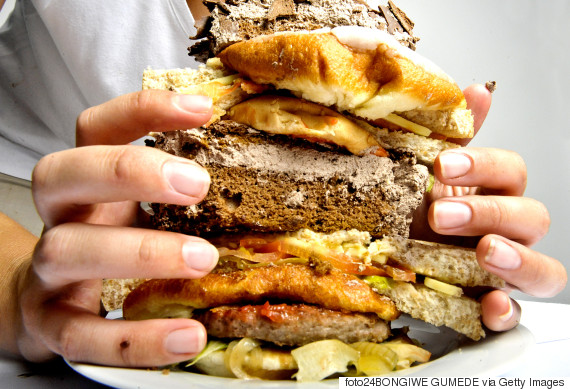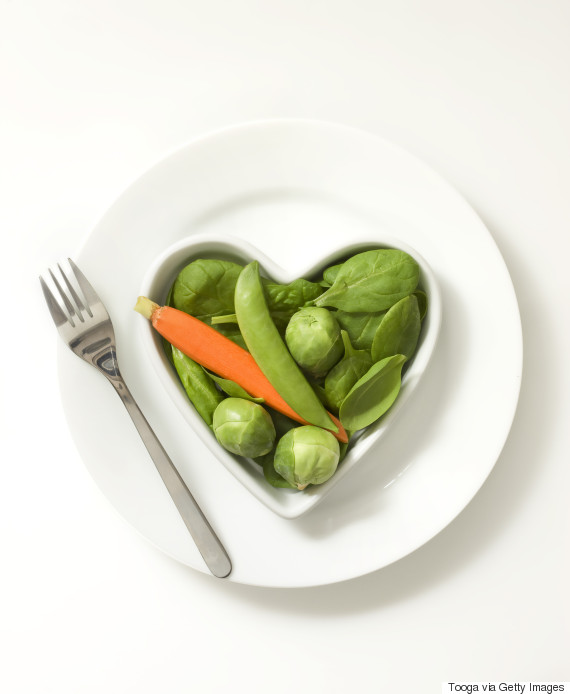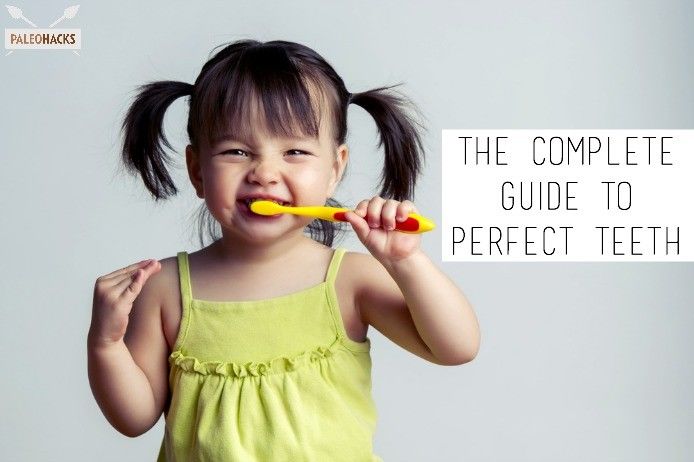- Get enough sleep and manage stress. Sleep deprivation and stress overload increase the hormone cortisol, which suppresses immune function.
- Avoid tobacco.
- Drink less alcohol. Excessive consumption impairs the immune system.
- Eat plenty of vegetables, fruits, and also nuts and seeds, which will provide your body with the nutrients your immune system needs.
- Consider probiotics. Studies indicate supplements reduce the incidence of respiratory and gastrointestinal infections. Fermented milk products have also been shown to reduce respiratory infections.
- Check your Vitamin D. Low vitamin D levels correlate with a greater risk of respiratory infection.
- Go for the garlic. Garlic is a broad-spectrum antimicrobial agent and immune booster. Because heat deactivates a key active ingredient, add it to foods just before serving.
- Take an Echinacea supplement. This is good to have on hand when any illness, esp. respiratory viruses overwhelm your defenses.
- Exercise.
It is not always necessary to fall ill and then treat the illness. Increase immunity and create a ‘force shield’ to Stay Healthy. It’s simple.




 Heart disease is a top killer. But four out of five cases of heart disease don’t have to happen and you can take control of your heart health.Cardiologists at the Mayo Clinic have come up with a
Heart disease is a top killer. But four out of five cases of heart disease don’t have to happen and you can take control of your heart health.Cardiologists at the Mayo Clinic have come up with a 

